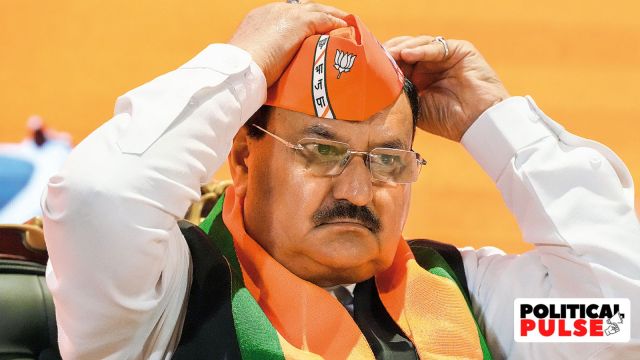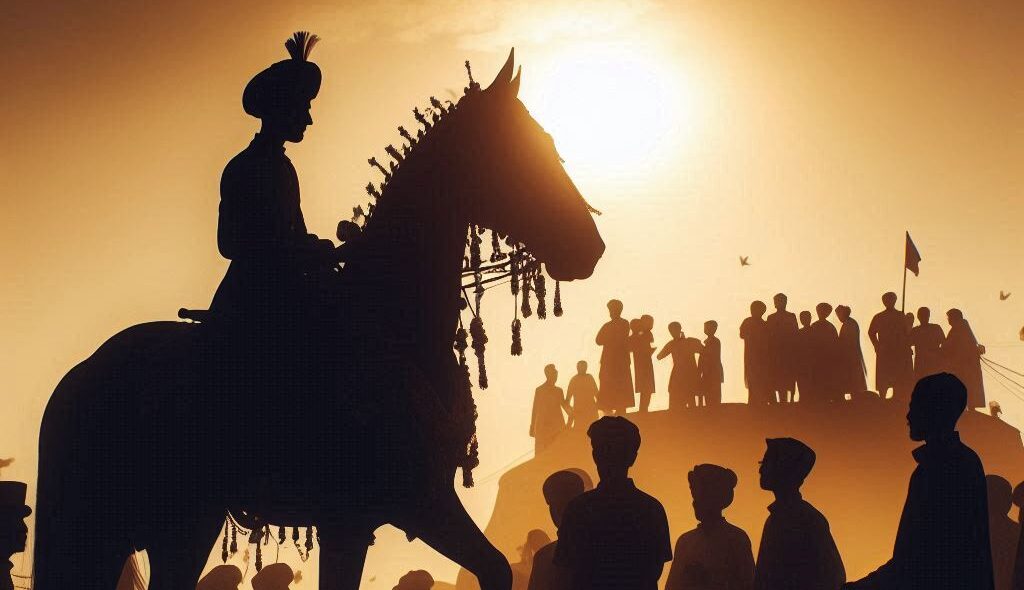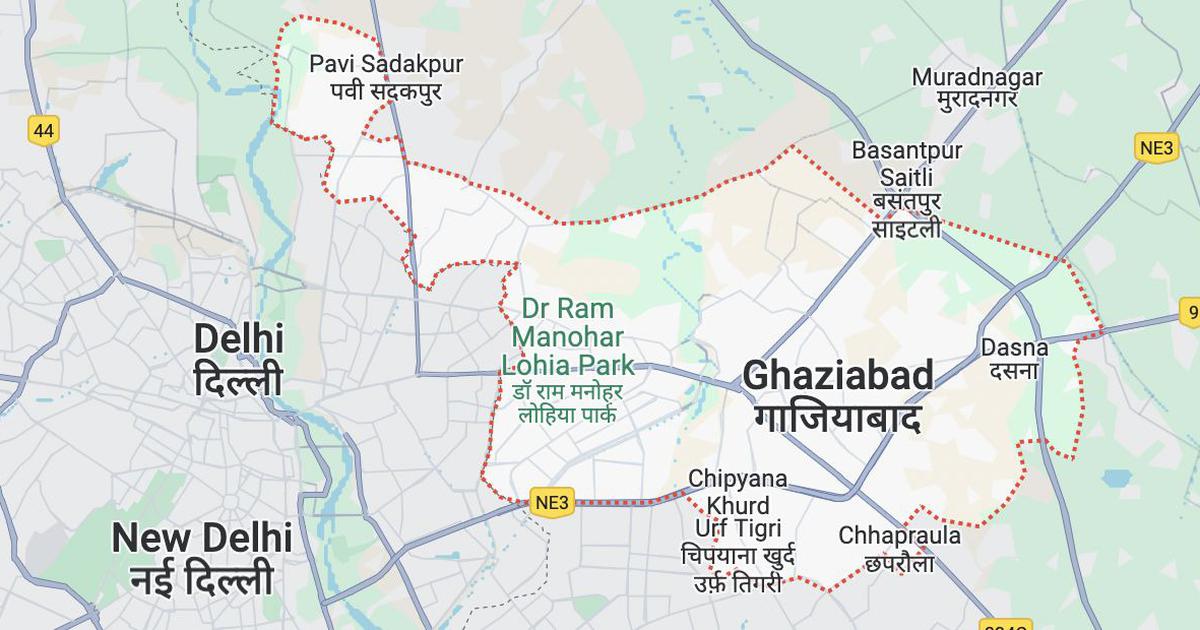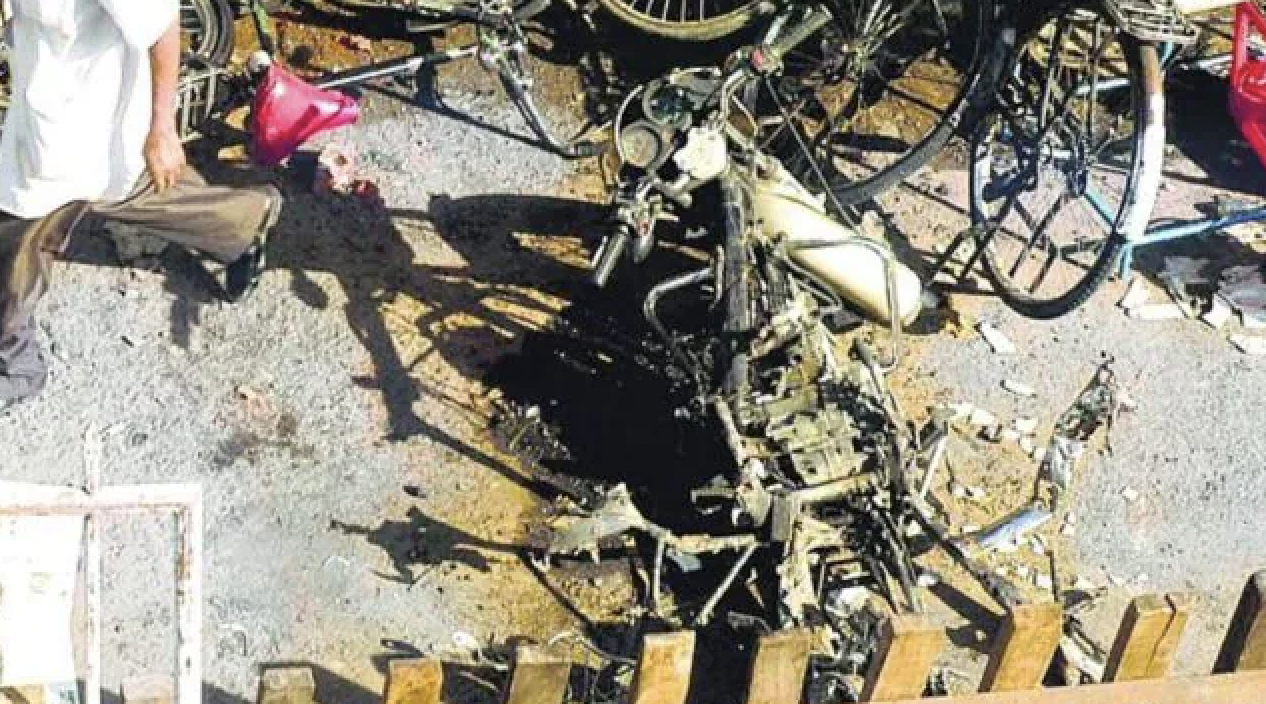
Ahmedabad: “There hasn’t been an election when BJP [Bharatiya Janata Party] leaders do not recall the 2002 riots,” Jamaalbhai, a carpenter in the Muslim-dominated Juhapura in Ahmedabad said.
“We have learnt to live with it,” he added.
Jamaalbhai was responding to Amit Shah’s speech made on November 25 when the Union home minister claimed that the anti-Muslim riots in 2002 when Prime Minister Narendra Modi was the state’s chief minister ensured “permanent peace” in the state.
“They tried to create a problem for Narendra Bhai but he taught them such a lesson that they have not dared to do anything till 2022. But after they were taught a lesson in 2002, these elements left that path (of violence). They refrained from indulging in violence from 2002 till 2022. BJP has established permanent peace in Gujarat by taking strict action against those who used to indulge in communal violence,” Shah declared at an election rally.
Like Jamaalbhai, most others in the locality expressed no surprise over the BJP’s sudden invocation of the 2002 riots in the last leg of the campaign. BJP leaders mostly anchored their canvassing around Gujarati sub-nationalism and development claims before turning full circle to remind the state’s voters about the “security of the Hindus” and how anti-social elements (read Muslims) were shown their place in 2002.
Yet, working classes among Muslims are preoccupied with their livelihood concerns and all-around discrimination faced by the community in Gujarat.
“The BJP thinks by raising such issues, it will be able to deflect attention from their failures in governance and consolidate their traditional voters among the Hindus on an anti-Muslim plank,” Jamaalbhai said.
“But look at me and others. I opened my shop at 9 am. It is almost noon but I haven’t earned anything,” he said.
“Our incomes have come down over the last decade even while prices of everything have become steep,” he said, adding that he used to get Rs 300 for fixing a door in a house but gets a meagre Rs 70 these days.
“Competition has increased and people are not willing to pay,” he said.
Irfan, a fruit and vegetable seller in the area, said that his earnings are anywhere between Rs 6,000 and Rs 8,000 per month. “We are three brothers and each of them sells vegetables and fruits. But our earnings have remained the same.”
The stagnant incomes have taken a toll on both Jamaalbhai and Irfan. “The majority of the community lives in penury. There hasn’t been a happy Eid for us in years. Our children were forced to leave their education and take up work,” said Jamaalbhai.
This story was originally published in thewire.in . Read the full story here






